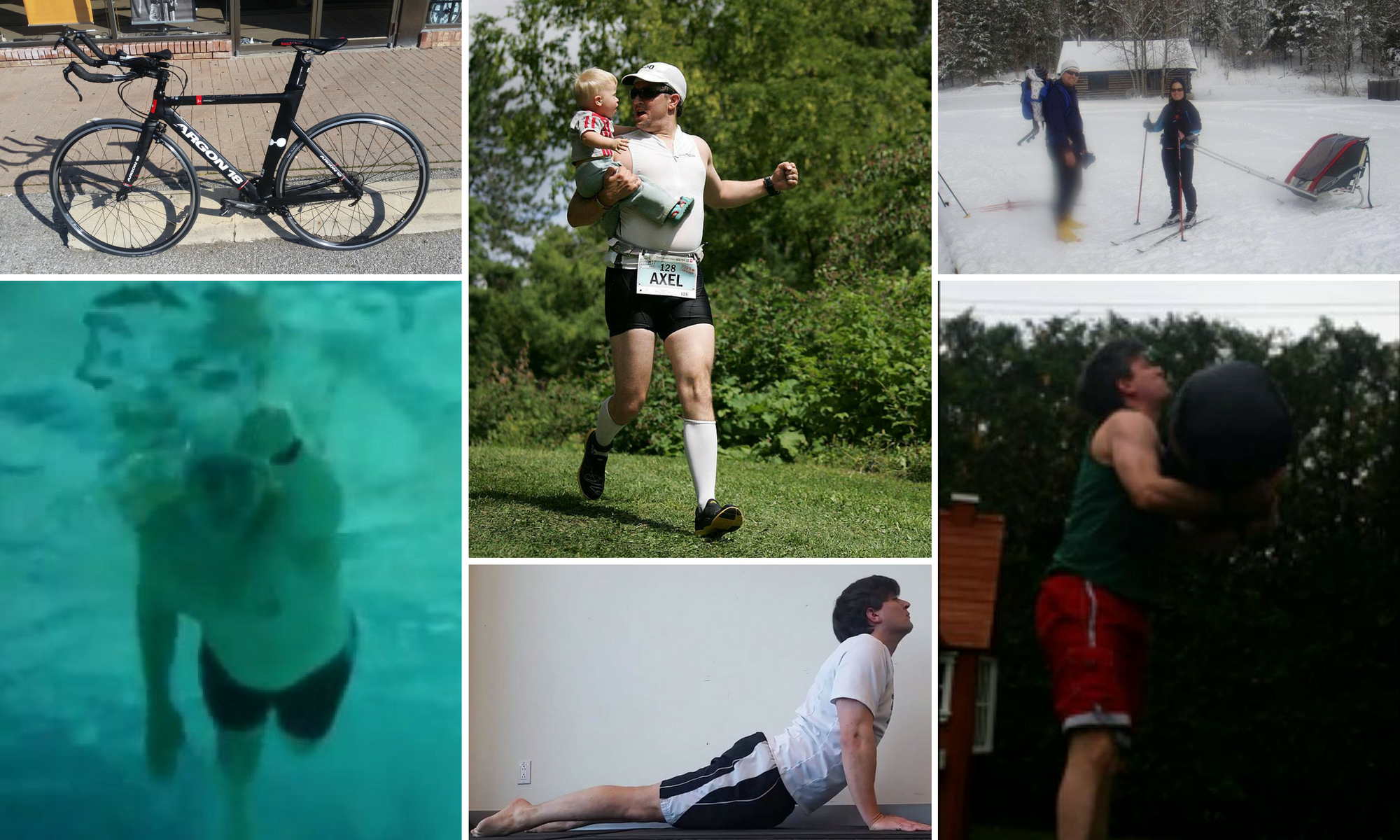My mother passed away 2 weeks ago. I’m not using this post to eulogize her, or talk about it much at all, except you need to know 2 things to understand this story:

- She was a great cross-country skier, and it’s something we did as a family very much when I was growing up.
- I had been looking forward to skiing that day, and feeling closer to her in spirit while doing it. I would have been closer to my father in spirit too.
I had recently ordered new Combi (i.e. hybrids that can accommodate both classic and skate ski styles) boots from Salomon, and I was looking forward to breaking them in that day. The plan was: go to church, then onto Manning Park – the kids would downhill ski together, while my wife and I would go cross-country skiing.
I don’t think I had my head screwed on straight that day. First, I missed the exit on the way to church, and taking the next one would have made us very late, so we decided to use the extra time to ski. Honestly, that’s probably how my mother would have wanted it. Upon arriving at the hill, we discovered that the Lightning Kid had forgotten his jacket, but so had I (even though I could swear I remembered throwing it in the trunk). My jacket also had my gloves in it. We managed to rent jackets from Manning – how cool is that? – and I bought mitts, so the kids took off and my wife and I headed back to the nearest cross-country trail head.
That was when I discovered I hadn’t packed my ski poles; if you’re keeping score, that’s jacket, gloves and poles forgotten so far. I thought I was a good enough skier to be able to skate without poles. I was able to get my right boot into the binding, but not the left. I told my wife to ski without me, because the only think worse than dealing with a frustrating situation is to do it with someone watching over your shoulder. I brought everything into the warming hut and it seemed like brute force could make it work, but I should have known something was off.
I went back outside to try and get the skis on, when someone skied up and asked if I had bought the boots and skis together. I explained the skis were from a ski swap, while the boots were brand new. It turned out the man was the manager of Coast Outdoors and that the bindings on the skis were SNS while my boots were the ProLink system. I was kicking myself for not checking on that beforehand, but they do look very similar, and apparently, it’s near impossible to get SNS equipment anymore. Thus since my boots needed to be upgraded, it would be time to upgrade the bindings not only on these skate skis but my classics also.
I was ready to give up on my day of skiing and being with my mother. While the failures of the day were my fault, somehow, I thought maybe the stars could align to make it happen despite them. That’s when Bram (who just happened to be the same height as me) offered to let me take his skis for a quick spin. I’d just do the small loop I knew my wife was on and try to catch up with her – right after falling onto my butt (his skis were very fast due to being waxed and maintained better than any other skis I’d owned). I broke a good sweat hustling my skate stride until I caught up to my wife. The entire time, I thought about my Mom, I thought about my Dad, I even thought about my Uncle Siegi who had passed away while skiing many years ago.

I guess I learned two things that day:
- Coast Outdoors is the place to go for your cross-country skiing (and paddling and snowshoeing needs). I’ll be going there for my new bindings and more.
- There may be someone watching over you.


